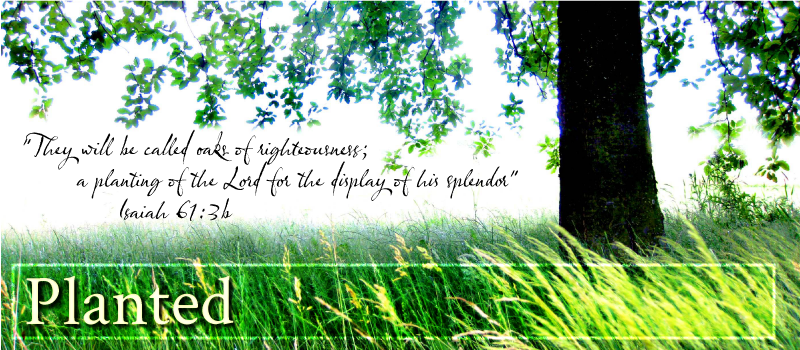A Sabbath Offering is mentioned. A time for a sacred assembly and sacrifice that was observed every seven days. The New Moon Festival was a monthly celebration observed by blowing of "silver trumpets" and special offerings. These rituals and offerings took time and had to be planned. They had to gather their sacrifices of grain, oil or animals to bring to the priest. (You just didn't go and grab a bull by the horns and run off to the priest.) The animals had to be "without blemish" (as was the Lamb of God) - so they had to be carefully chosen.
Do we "run off" to worship without any planning or aforethought as we come into worship on our Sabbath? Are our hearts and minds prepared? Our sins confessed? Are we "clean before our Lord?" We must also "prepare" for worship.
The other Feasts we have studied in Leviticus - The Passover, The Feast of Unleavened Bread, The Feast of Trumpets, The Day of Atonement, and The Feast of Tabernacles (or Booths). Now this last one - The Feast of Tabernacles, I can relate to and connect with.
I grew up going to an old-fashioned "Camp Meeting" where our family stayed for a week in "tents" (rude cabins with sawdust floors and chicken-wire windows) and worshiped two to three times a day in a large, open-air "Tabernacle." These "tents" were erected in a large circle surround the Tabernacle (in remembrance of the Israelites encamped around their Tent of Meeting in the wilderness). We met each year in late August, (originally set because the crops would then be "laid by" and gathered in after the harvest). Originally each "tent" was connected by a "brush arbor" used for shade. A ram's horn was blown before each worship service to call us to worship. Some of my most cherished memories. It felt like "Holy Ground."

Should we not remember that when we enter our Worship Center at Oak Hill that is where the Lord will meet with us? We sing praises, give our offerings, ask that our sins be forgiven; listen to a word from the Lord - in a different and new way this represents our "festivals" and our "offerings." This is Holy Ground indeed.
Next we have what the Lord commands regarding a "vow." If a man vows a vow - here are God's guidelines concerning vows that are made to God or others. Rather than leave a vow unfulfilled, it would be better not to make one at all. "A promise made is a promise kept." "A man is as good as his word." Are things still the same today? What have I promised to God that I have not kept? Or what do I still "owe" on a vow that I have made? Makes you think, doesn't it??
